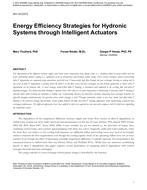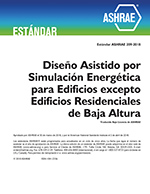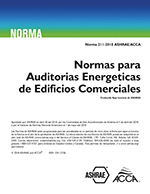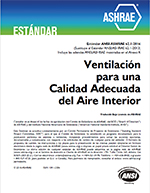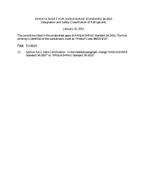Description
The degradation of the difference between supply and return water temperature from design values is a condition found in many chilled and hot water distribution plants, leading to a significant waste of distribution and primary system energy. Here, several strategies aimed at preventing delta-T degradation are compared using simulations and field tests. Unnecessarily high flow through the heat exchanger (heating or cooling coil) is one cause of delta-T degradation. Limiting either the delta-T or the flow across the heat exchanger are two known approaches to reduce delta-T degradation on the primary side. A novel strategy, termed flow/delta-T limiting, is introduced and compared to the existing flow and delta-T limiting strategies. It is found that flow limiting is superior when either inlet air or water temperature is fluctuating. Conversely, delta-T limiting is superior when either entering air humidity or airflow rate is fluctuating. Because the numerous variables impacting heat exchanger behavior are typically changing simultaneously, the question arises which strategy is best? Through simulation studies it has been shown that flow/delta-T limiting is the preferred strategy that provides results falling between the flow and delta-T limiting approaches while maintaining acceptable heat exchanger performance. The different approaches have been applied to data sets acquired on two university campuses with the field tests supporting the simulation results.
Citation: ASHRAE Papers CD: 2014 ASHRAE Winter Conference, New York, NY
Product Details
- Published:
- 2014
- Number of Pages:
- 8
- File Size:
- 1 file , 2.2 MB
- Product Code(s):
- D-NY-14-C073
